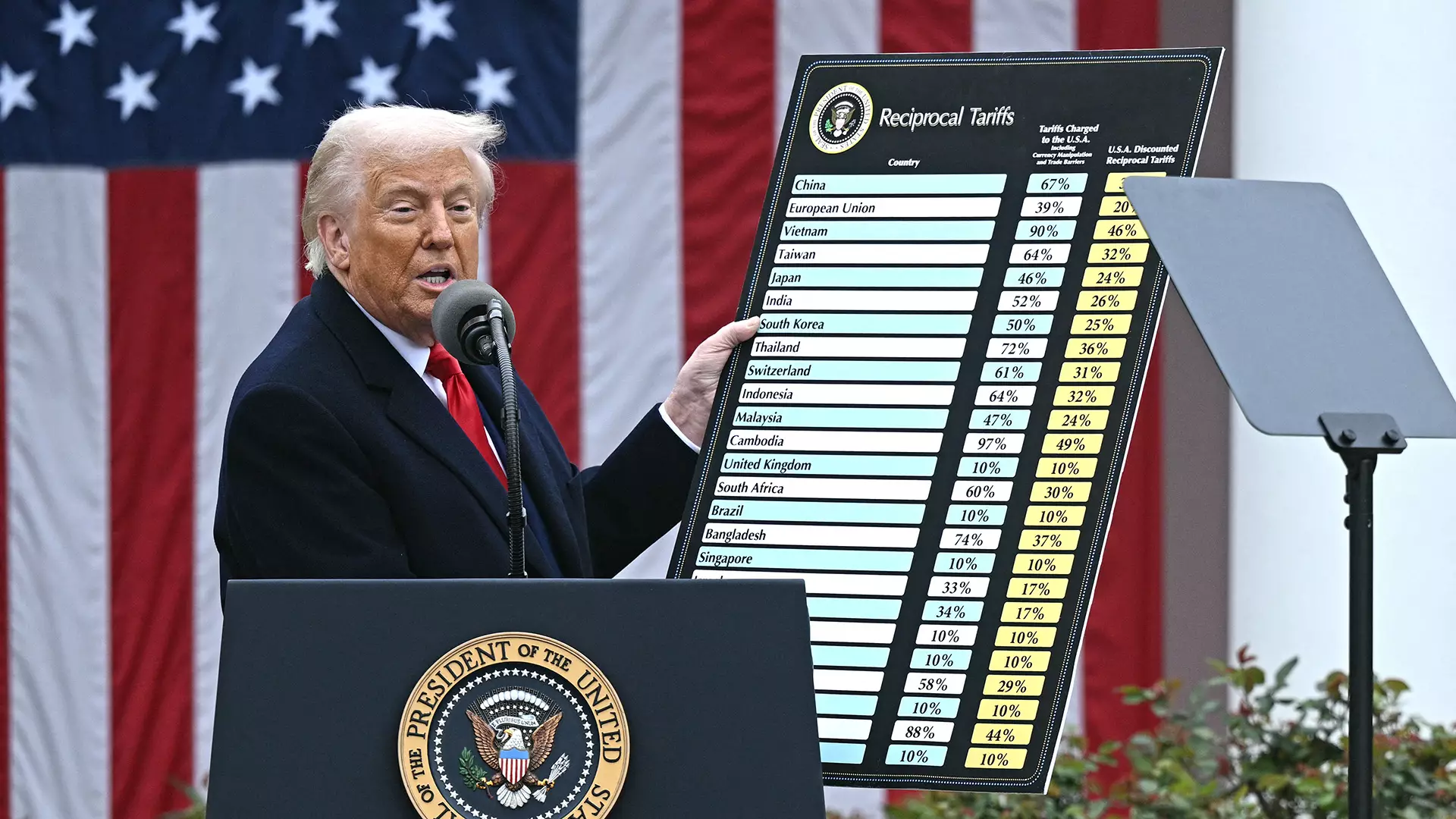In recent years, tariffs have evolved from mere economic tools into instruments of strategic geopolitical leverage. Governments, particularly the United States, have increasingly employed tariffs to signal strength, protect domestic industries, and address perceived threats to national security. The recent executive orders exemplify how tariffs are now intertwined with broader political narratives, where trade deficits are portrayed as vulnerabilities rather than economic indicators. While such measures may serve short-term political goals, they often ignore the complex realities of global supply chains and international interdependencies. These policies risk turning economic tools into bargaining chips, potentially igniting trade wars that could destabilize global markets rather than fortify them.
The Practical Consequences for Global Tech Supply Chains
The tech industry, especially semiconductor manufacturing, is significantly affected by these tariff measures. Countries like Taiwan and South Korea, major producers of advanced chips, find themselves in a precarious position. The uncertainty surrounding tariffs on Taiwan’s semiconductor exports, despite some provisional exemptions, creates an environment of instability that hampers long-term planning. Companies such as TSMC and Samsung are investing heavily in U.S.-based manufacturing facilities to counterbalance the risks, but these initiatives take years to mature and are costly. The ripple effect extends beyond industry players; consumers and technicians face increased costs and supply shortages. The imposition of tariffs on transshipped goods further complicates logistics, raising prices and potentially stifling innovation by increasing barriers to entry for startups and small firms reliant on affordable components.
The Myth of Reciprocity and Its Political Ramifications
The core justification for these tariffs hinges on a narrative of unfair trade practices and lack of reciprocity. However, the premise is flawed when examining the nuanced realities of international trade relations. Many countries, including those targeted by U.S. tariffs, have made efforts to negotiate or adjust their policies, often in good faith. The provisional nature of tariffs on Taiwan illustrates the ongoing diplomatic negotiations behind closed doors, highlighting that tariffs are as much political signals as they are economic measures. By framing trade deficits as existential threats, policymakers inadvertently foster a protectionist mindset that undermines the very principles of free trade. Such policies risk retaliation, economic fragmentation, and the erosion of multinational alliances that have historically fostered global prosperity.
The Economic Toll on Domestic Innovation and Competitiveness
The rhetoric surrounding tariffs often neglects their long-term impact on domestic innovation. While the intent may be to bolster local manufacturing, the resulting higher costs for inputs like semiconductors and hardware components inevitably trickle down to consumers and businesses. For the tech industry, this means increased prices for gaming rigs, computers, and other electronics—arguably the very sectors that thrive on affordability and rapid innovation. The strategic investments by companies such as TSMC and Samsung in American manufacturing are positive steps but do not offset the immediate costs or address the bottleneck in supply. As tariffs persist, they threaten to stifle competition, push innovation overseas, and undermine America’s position as a technological leader. Instead of fostering resilience, protectionism risks fostering complacency and inefficiency within the domestic industry.
The Broader Outlook: Navigating a Trade Environment in Flux
Ultimately, tariffs are a double-edged sword. Their deployment indicates a desire for strategic autonomy, but they come at a steep economic price if used indiscriminately or without nuanced understanding. The globalized economy has intertwined nations’ fates so tightly that unilateral tariffs often cause collateral damage—higher prices, disrupted supply chains, and strained diplomatic relations. Policymakers must recognize the importance of balanced approaches, where protection of national interests does not come at the expense of global cooperation and economic growth. Adaptive strategies—like targeted subsidies, investment in innovation, and diplomatic engagement—may prove to be more effective than blanket tariffs that risk turning economic relationships into battlegrounds. As history suggests, the true strength of a nation lies not merely in erecting barriers but in fostering resilient, innovative partnerships that elevate everyone involved.

